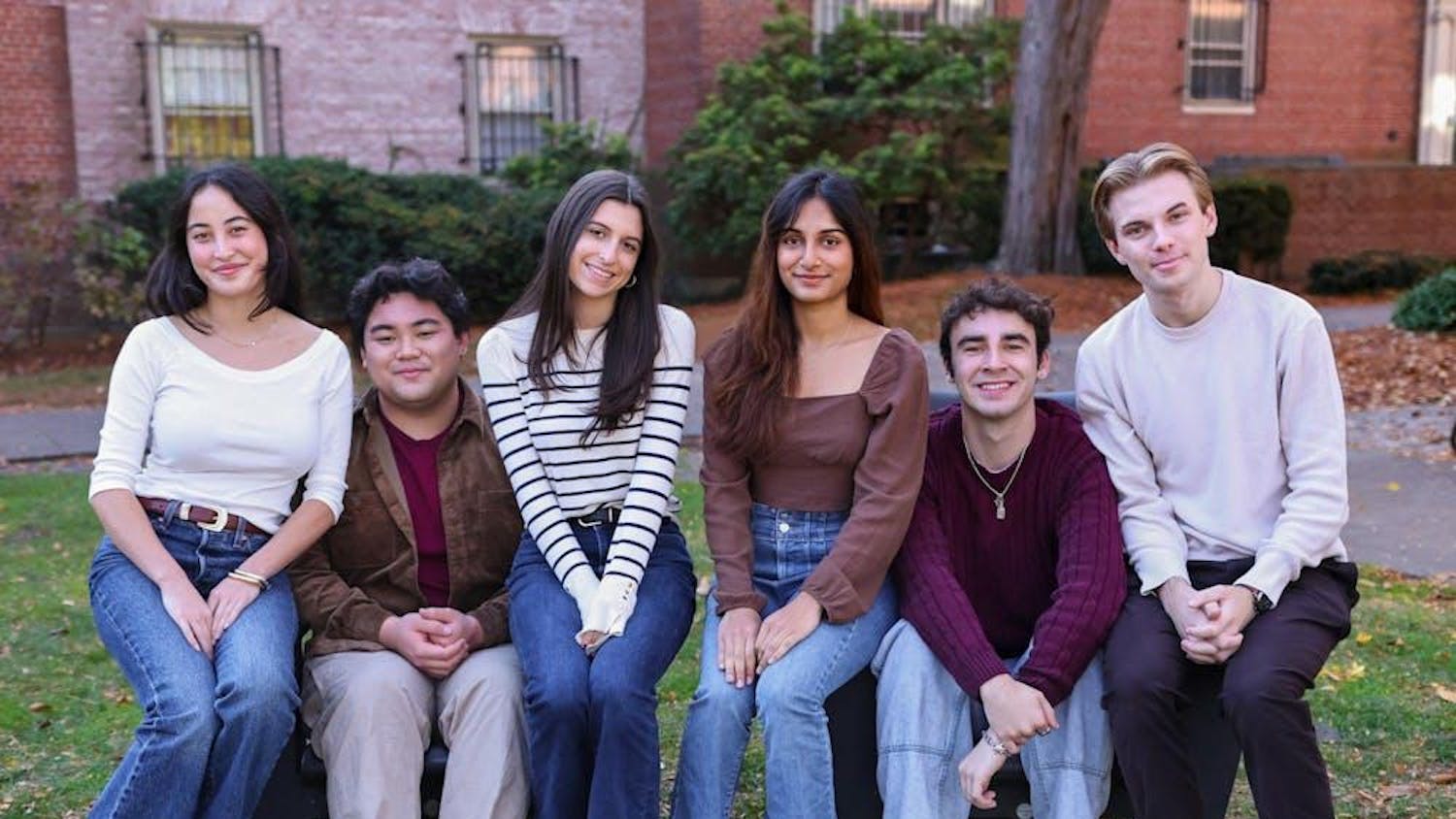Earlier this week, The Herald published two opinions columns that were not only controversial but also deeply hurtful. Errors in the editing process aside, we understand that these columns contained racist content that has no place in our paper or community. The first (“The white privilege of cows,” Oct. 5) was built on eugenics and invoked the notion of biological differences between races — a concept that has been repeatedly disproven. The second (“Columbian Exchange Day,” Oct. 6) made the racist argument that Native Americans should be thankful for colonialism (despite the massacres and erasure of peoples and histories).
We are also cognizant of the continued confusion and hurt our actions created in the immediate aftermath of the columns’ publication, and we apologize for our role in that. On Monday night, we made a decision not to publish the second column after the paper had been sent to our publisher and the article had been posted online. Unfortunately, we were unable to stop its printing. As soon as we made that decision, we removed the column from our website. We recognize why these actions seemed designed to brush over our mistake.
We as The Herald are part of a history of Brown that is founded on inequality and that is too often slow to change. Brown itself is built on land that belonged to the Narragansett and Wampanoag nations, and yet the University has no formal relationships with them. As the composition of our campus community becomes more inclusive and diverse, this shift calls existing practices into question, including those of The Herald. Newspapers have a sacred responsibility to promote the free exchange of ideas, but that responsibility is designed to protect both those with controversial opinions and those whose voices are frequently excluded. The Herald’s opinions section has too infrequently been a platform for the latter.
By failing to be more inclusive of marginalized voices, The Herald does not fully live up to its potential or our community’s expectations. We must continue to make active efforts to recruit and retain a diverse staff. Without this, we will continue to fall short and repeat our mistakes. To those who have been most deeply hurt, we ask you to share your voice with us and with the Brown community at large. Understandably, this is an unequal burden, but we cannot progress without help.
This is not the first time The Herald has published racist material, and while we hope it will be the last, a promise is not enough. Over the next three weeks, the organization’s editorial board will reexamine the editorial processes that allowed these mistakes and previous ones to happen. Because people’s opinions are messy and often controversial, we will rethink the standards by which we evaluate columns. We will also revisit our existing editing process, including its structure and timeline, and seek the advice of professional journalists and the community, particularly centers that deal with dimensions of social identity. Incidents like this week’s force us to interrogate our existing policies and practices — a challenging yet desperately important process.
We regret the hurt that we have caused. The Herald’s blind spots are not lost on us. The publication of these columns reminds us how far we still have to go.
Editors’ notes are written by the 125th Editorial Board: Michael Dubin ’16, Maxine Joselow ’16, Kiki Barnes ’16, Jillian Lanney ’16, Isobel Heck ’16 and Molly Schulson ’16.




